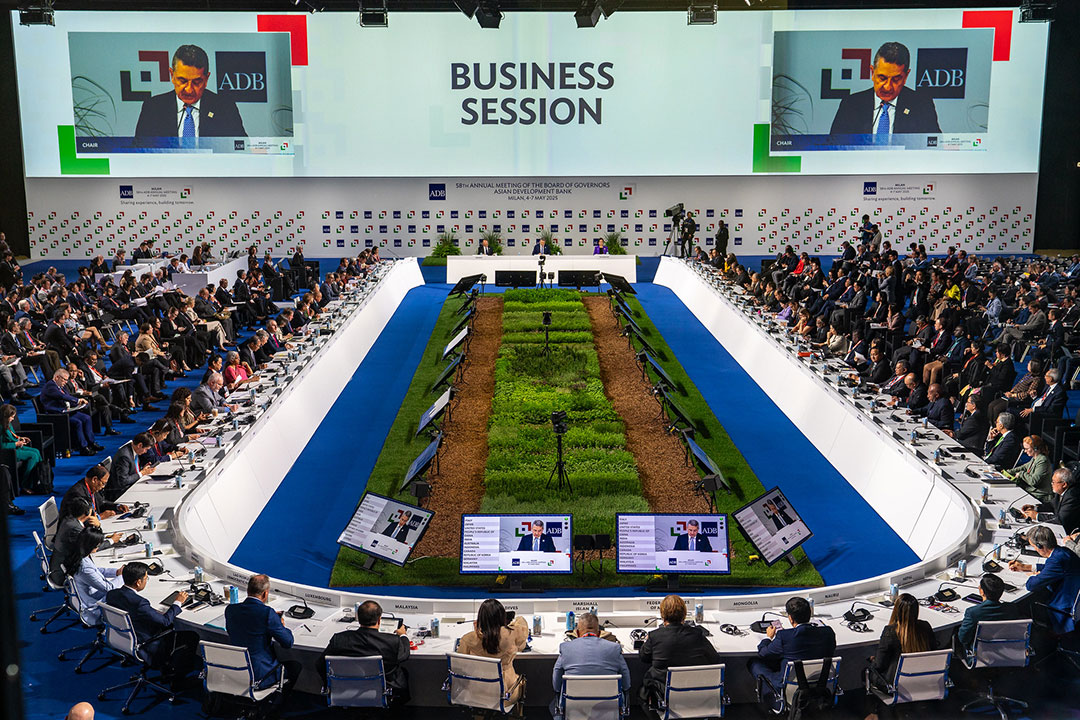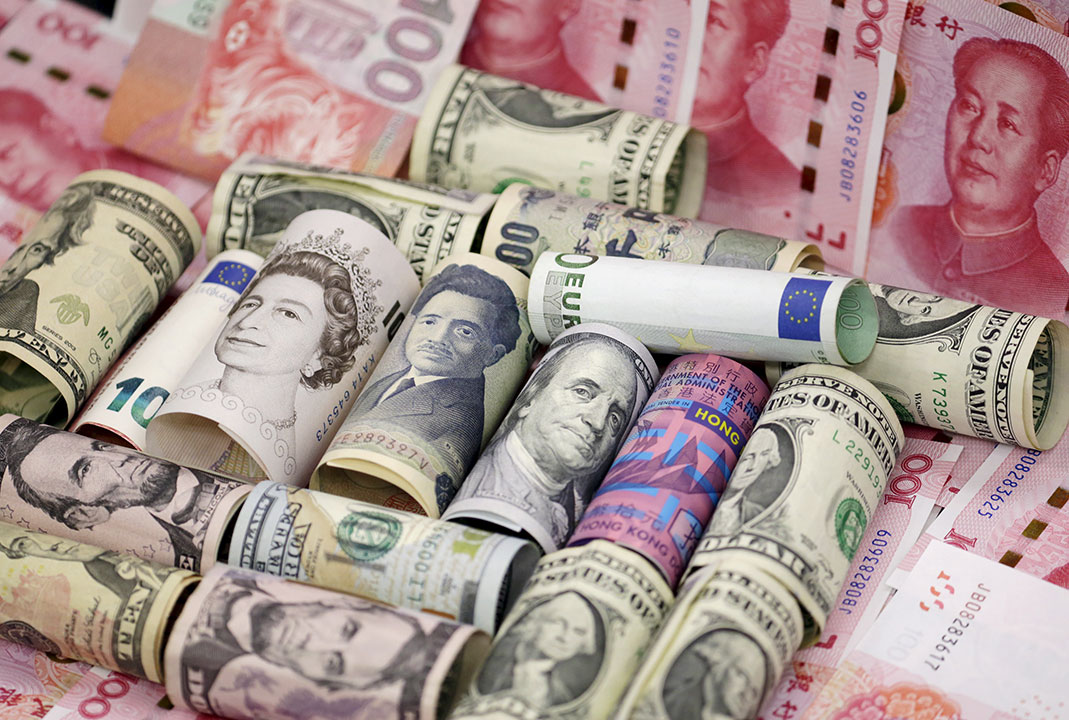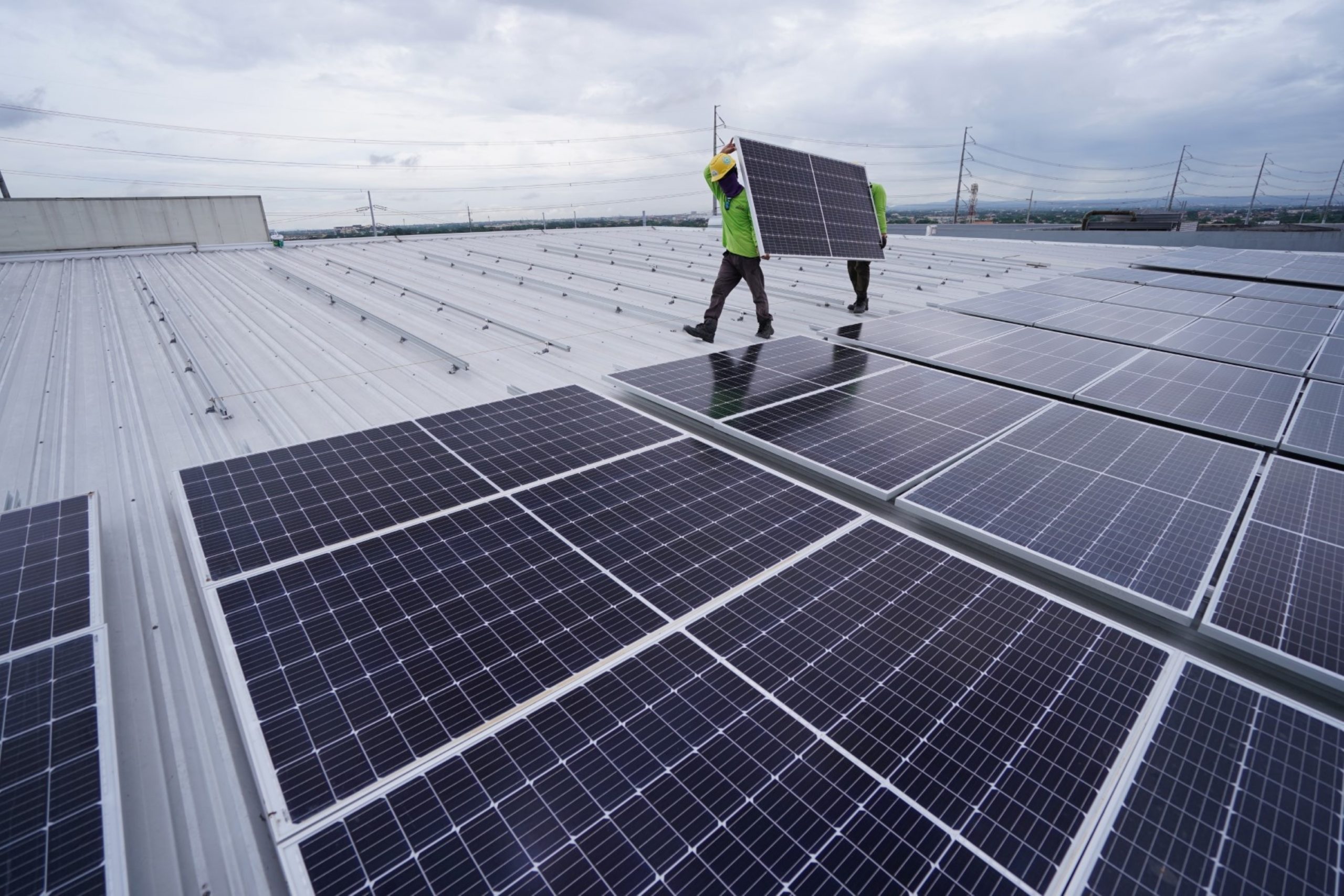
Upgrade to High-Speed Internet for only ₱1499/month!
Enjoy up to 100 Mbps fiber broadband, perfect for browsing, streaming, and gaming.
Visit Suniway.ph to learn
 Scenes from the Governors’ Business Session of the 58th Annual Meeting of the Asian Development Bank (ADB) Board of Governors in Milan, Italy. — ASIAN DEVELOPMENT BANK
Scenes from the Governors’ Business Session of the 58th Annual Meeting of the Asian Development Bank (ADB) Board of Governors in Milan, Italy. — ASIAN DEVELOPMENT BANKBy Luisa Maria Jacinta C. Jocson, Senior Reporter
MILAN, Italy — The Philippines will still need financing assistance due to its exposure to shocks like climate risks and even as it graduates to upper middle-income status, the Department of Finance (DoF) said, urging the Asian Development Bank (ADB) to continue expanding its support to the country.
“As we carry this partnership forward, we call on the bank to further deepen its commitment to our development agenda, and towards addressing global challenges,” Finance Undersecretary Joven Z. Balbosa said during the Governors’ Business Session at the 58th ADB Annual Meeting here on Monday.
Mr. Balbosa delivered the speech for the Philippines as temporary alternate governor, as Finance Secretary Ralph G. Recto, who sits on the ADB Board of Governors, was unable to attend.
“Even as the Philippines progresses towards becoming an upper middle-income country, we remain among those most vulnerable to the impacts of climate change, and we urgently require sustained support from our development partners for a united and cohesive response,” he said.
The Philippines is currently classified as a lower middle-income economy, based on the latest World Bank data. The Marcos administration is targeting to achieve upper middle-income status by 2026.
The Department of Economy, Planning, and Development (DEPDev) earlier said that the transition to a higher income level will entail a “shift in access to resources.”
The Philippines’ eligibility for concessional financing and access to traditional official development assistance (ODA) would diminish upon reaching the upper middle-income threshold.
In 2024, the Philippines was the second-biggest recipient of ADB financial assistance with $6.02 billion, just after India ($7.26 billion).
The latest data from DEPDev showed that the total active ODA in the country reached $37.29 billion as of December 2023, higher by 15% from 2022.
Meanwhile, Mr. Balbosa also called on the ADB to “ensure availability and concessionality of financing for climate resilience.”
The Philippines remains the most at-risk country globally for 16 straight years, according to the latest edition of the World Risk Index.
Earlier data from the ADB also showed that the Philippines could potentially lose 18.1% of its gross domestic product (GDP) by 2070 due to climate change under a high emissions scenario.
The ADB should also scale up its efforts to improve access to technology amid rapid digital innovation, Mr. Balbosa said.
“We trust that through ADB’s continued assistance, we can achieve a whole-of-government approach to integrate sector-specific digital solutions and initiatives with digital public infrastructure that would further contribute to our growth and fiscal targets.”
Mr. Balbosa also highlighted the Philippines’ massive infrastructure spending needs.
“We likewise look forward to the bank’s continued support in terms of financing, as well as strengthening institutional capacity, recognizing that by investing in infrastructure, we do not only provide essential services and improve connectivity, but also spur employment opportunities.”
The government is targeting to spend 5-6% of GDP on infrastructure annually.
Mr. Balbosa also pushed for the ADB to “continue collaborating with other international finance institutions in supporting vulnerable countries and finding innovative ways to finance programs and projects that contribute to global growth and development.”
“We call on the international community to deepen collaboration and urge international financial institutions like ADB to be adequately equipped and step in more decisively to support lower- and middle-income countries through timely and accessible financing, technical assistance, knowledge support, and enhanced policy dialogue.”
Mr. Balbosa also reiterated the need for economies in the region to collaborate amid the unpredictability in trade policies.
“We recognize the importance of international cooperation and multilateralism, especially in the context of a hyperglobalized world.”
He said that there is a need to “carefully consider potential unintended spillovers and spillbacks from trade measures.”
The Philippines, like the rest of Southeast Asia, was not spared by the United States’ barrage of reciprocal tariffs in early April.
The country was slapped with a 17% reciprocal tariff, though this was suspended until July, save for the 10% baseline which remains in effect.
“In terms of trade, we see the need to further strengthen regional cooperation and tap new and emerging trade partners as a means to unlock growth opportunities,” Mr. Balbosa said.
“We remain committed to an open and rules-based trading system, and in preserving the integrity of regional and global value chains,” he added.




